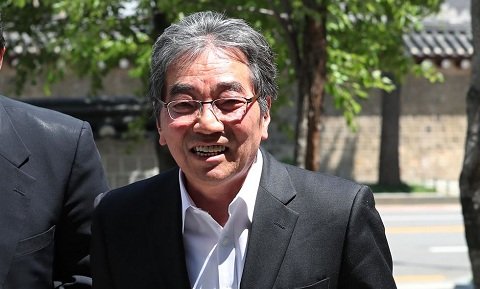Yoon Suk-heun, the newly appointed governor of the Financial Supervisory Service (FSS) of South Korea, has declared that there will be a review of the current crypto regulations in the country. The FSS chief announced this while speaking to reporters after his confirmation.
Striking a Balance Between Regulations and Growth
According to Yoon, the crypto market requires an adequate regulatory framework to grow. During his post-confirmation address, he reiterated the need for clear laws that would make the market stable. Once the market becomes stable, Yoon believes the industry will evolve to create more products and services. By so doing, a more serviceable market environment will emerge.

The FSS boss acknowledged the fact that issues were plaguing the crypto market. He assured the public of a thorough examination of these issues. He also noted the fact that the market has its unique nuances which must be understood before making any changes. When pressed by reporters, Yoon declined to give a specific roadmap detailing how the agency will review the current cryptocurrency regulatory paradigm in the country.
Eliminating Anonymous Crypto Trading
Anonymous trading accounts remain a critical issue as far as the crypto market in the country is concerned. Cryptocurrency exchange platforms have been prohibited from offering anonymous trading accounts. The FSC (Financial Services Commission) issued a decree instructing all investors to provide real-name identification for all their crypto trading accounts. According to the ruling, the names on an investor’s crypto account and bank account must be identical. Also, the FSC and FSS have been examining the records of crypto traders in the country.

The new head of the FSS will resume his post on May 8th, after which he will hold a public press conference. The FSC nominated Yoon for the position. The FSC and FSS are the country’s financial watchdogs with the latter being under the supervision of the former. The FSS is responsible for policing the market while the FSC inspects policies and monitors the activities of the FSS.
In a related development, there are indications that ICOs may soon have legal status in South Korea. A coalition of lawmakers in the country is working to create legislation that will allow ICOs that fulfill certain conditions. The government banned ICOs in 2017, but this new bill aims to support ICOs that contribute meaningfully to the development of blockchain technology in the country.
Will South Korea benefit from less stringent cryptocurrency regulations? Let us know in the comments below.
Images courtesy of the Korea Times, Pexels, and Pixabay.










